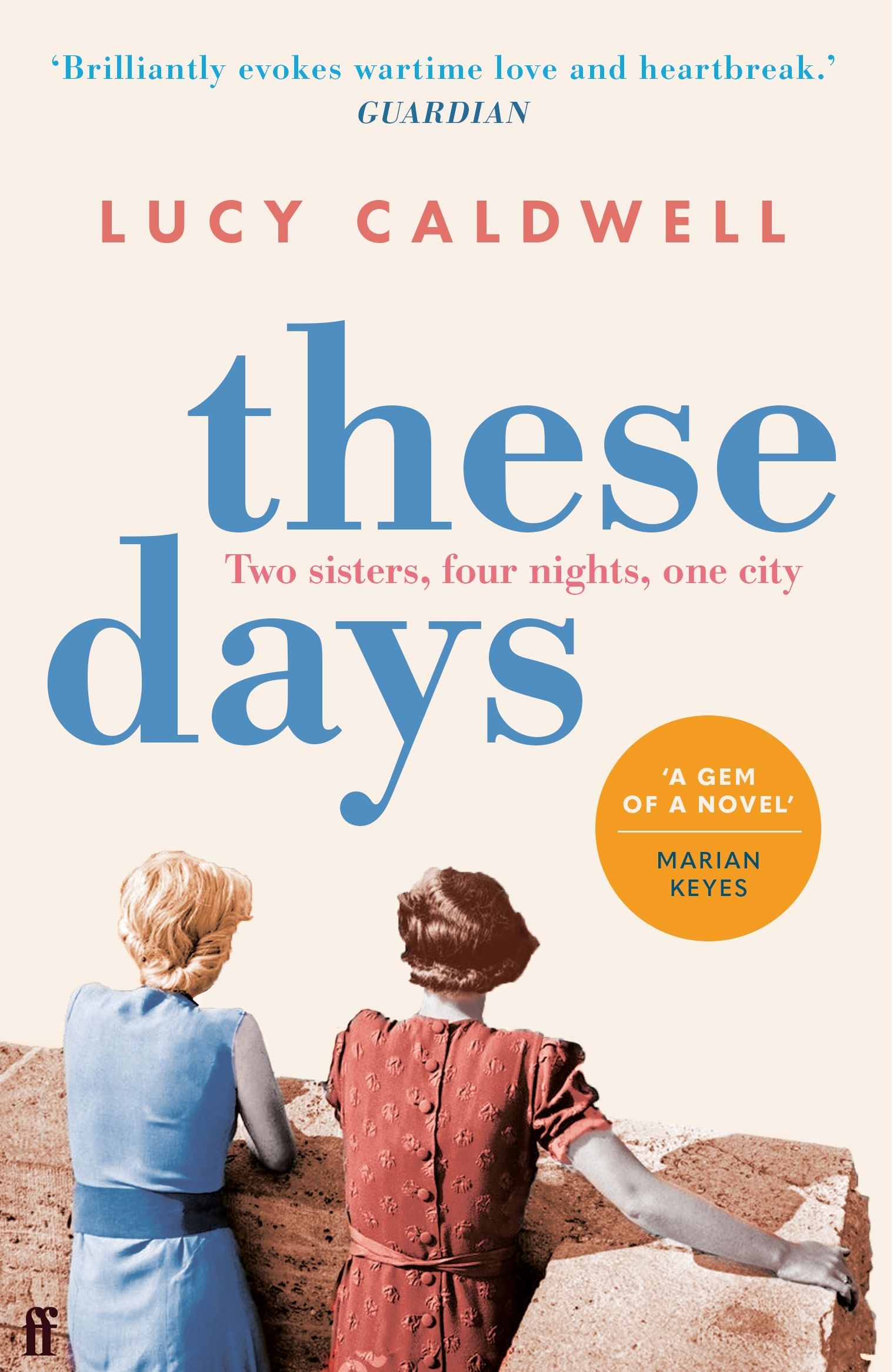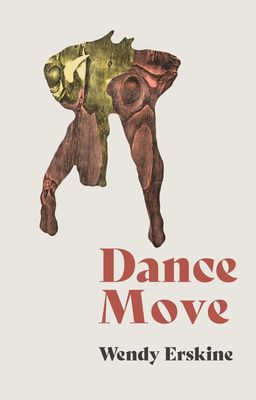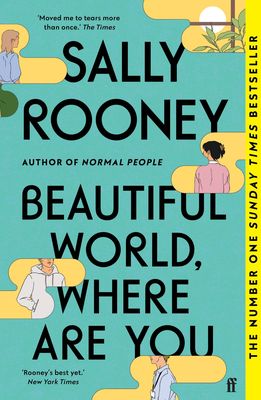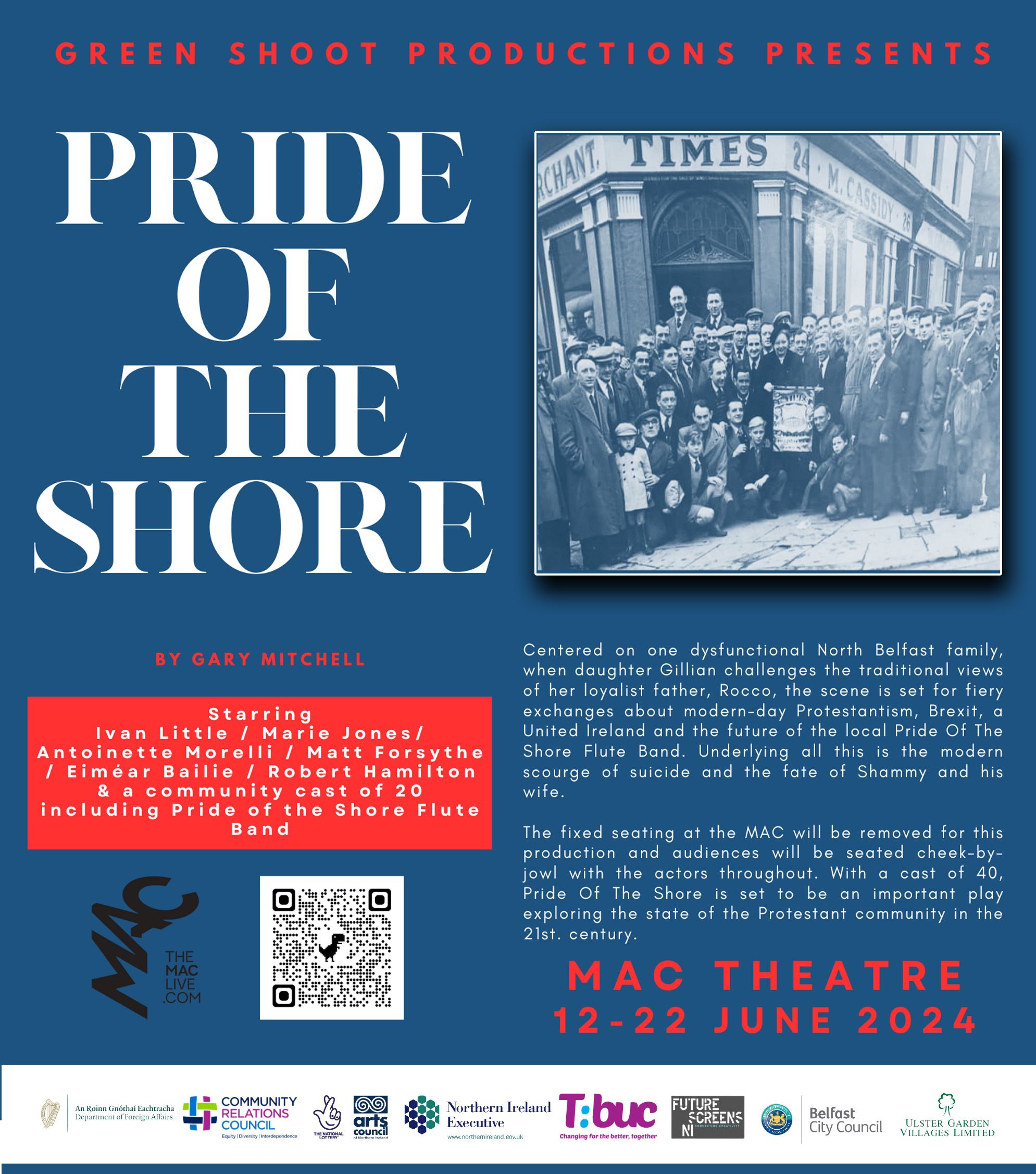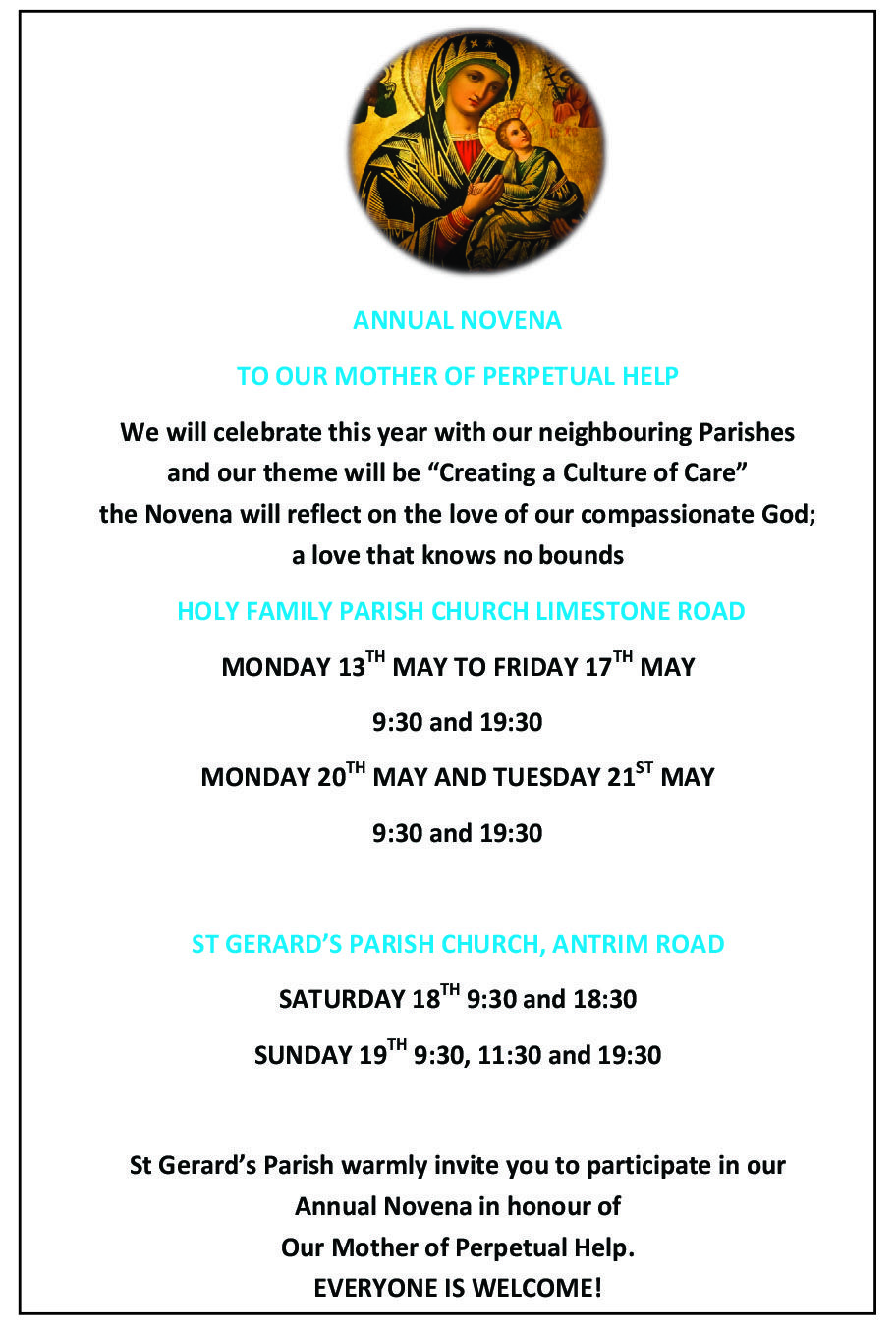“BELFAST is finished, people say. There is no way we can come back from this.” The sentiments of a city under assault; of resilient citizens grown weary.
Acclaimed Belfast-born writer and dramatist Lucy Caldwell’s 2023 Walter Scott Prize for Historical Fiction-winning 'These Days' entwines oral tradition with an astonishing wealth of painstaking research in order to recount local tenacity during the devastating Belfast Blitz.

Throughout four aerial raids between April and May 1941, the city, an industrial hub vital to the Allied war effort, was ravaged by the German Luftwaffe’s strategic barrage of incendiaries, high explosive bombs and parachute mines, killing approximately 1,000 civilians and destroying over half of the housing in Belfast – resulting in widespread homelessness.
Named after a line in Belfast-born poet Louis MacNeice’s poem Selva Oscura (its own title taken from the opening lines of Dante Alighieri’s Inferno), Caldwell’s These Days draws on tomes-worth of archives, diaries, survivor accounts and even maps to reverently commit visions of wartime pandemonium to memory upon paper.
The scrupulous level of detail instrumental to this portrayal of WWII-era Belfast, entirely unprepared for Nazi Germany’s bombardments, possessing insufficient public air-raid shelters or anti-aircraft guns, is related primarily through the experiences of the Bell family women. Florence, the mother, is tormented by the memory of a long-deceased lover, while her daughters grapple with their own respective conundrums. Audrey, the eldest, finds herself now engaged, yet uncertain about the extent of her feelings for her fiancé. Her younger sister, Emma, having volunteered for first aid duty, comes to develop a secret relationship with her fellow volunteer Sylvia.
Across the book’s three parts – structured around ‘The Dockside Raid’, ‘The Easter Raid’ and ‘The Fire Raids’ – the women’s three narrative threads are defined by their measures for surviving their present calamity. Staring death in the face only heightens the power of that most profound, torturous rumination: “Have you lived a life that is true?”
Lucy Caldwell
On a personal, sentimental level, while still valuing this universal confrontation of mortality, I found myself drawn to the novel’s unembellished verisimilitude in describing war-torn Belfast that stands in stark contrast to its occasionally soap-operatic narrative voice and dialogue embellished à la zeitgeist-appropriate Hollywood screenplay – particularly where romance was concerned.
Testament to Caldwell’s adaptation of historical research, I was entirely invested in the realism depicted here. As one of countless locals that grew up hearing wartime stories, Caldwell’s crystal-clear description elicits illustrations in my mind reminiscent of my late grandmother’s vivid accounts.
High above, Luftwaffe bombers drone on over a skyline rendered red by ceaseless fire; loved ones huddle in a crawl-space praying to God that an incendiary won’t slam through their roof; an air-raid siren thunders all the while; eventually they must emerge out on to smouldering streets strewn with rubble and glass; St George’s Market transformed into a makeshift mortuary for the dead awaiting identification; the inevitable evacuation of tearful children, bound for the countryside, much to their dismay and chagrin.
Caldwell’s novel is not without levity, however. Many of our relatives, be they parents, grandparents or otherwise, were sure to relate such moments also: nights out with lovers and friends at the unmistakably white Floral Hall, “making a mockery of its blackout blinds”, leaving youths entranced with a Glenn Miller “number”; shopping trips at the renowned Robinson & Cleaver in the city centre; viewing a film starring the likes of Clark Gable or Errol Flynn at local cinemas like the Strand.
While not as invested in the novel’s romantic threads (though I would have appreciated further development of the homosexual romance considering the era’s treatment of such a relationship as “taboo”), I must commend Caldwell’s mission to respectfully depict the experiences of Belfast citizens during WWII, to immortalise that local resilience that persists to this day. Ultimately, we owe the days we live to those days long since lived.
'These Days' by Lucy Caldwell is published by Faber & Faber (RRP £8.99)

